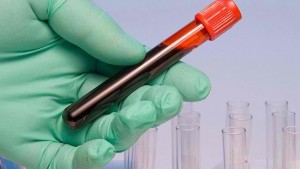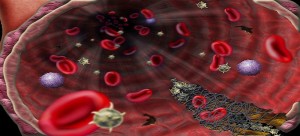
What is Mean Platelet Volume Mean platelet volume (MPV) is part of the Complete Blood Count (CBC) test. It measures the average size of platelets in the blood of the patient. The test is specifically used to analyze the relationship between the production of platelets in the bone marrow and the destruction/consumption of the same. … Continue reading “10 Mean Platelet Volume Facts”

Complete blood count with differential (CBC) is a collection of blood tests that is performed to identify illnesses such as infections, anemia, leukemia, and other disorders that affects the blood. The test is focused on acquiring multiple health information from a given blood sample. Using CBC, number and components of the blood, including red blood cells (which carry oxygen) and … Continue reading “10 Importance of CBC with Differential/Platelet”

Blood coagulation is a process where circulating elements in the blood system are converted into a gel with insoluble characteristics; to prevent the loss of blood from injured blood vessels, tissues, or organs.

A high platelet count, also known as thrombocytosis, indicates the existence of an increase in the amount of thrombocytes or platelets in the blood. It is a component of the blood that helps with blood clotting in response to injury. An increase in platelet count is not an unusual occurrence in young children. A normal platelet level ranges … Continue reading “10 Causes of High Platelet Count in Children”

Platelets are one of the tiniest components in the blood stream that protect the body against excessive loss of blood during injury. The platelets literally look like plates in their non-active state. In the presence of wound or injury, the blood component migrate to the site, bind the damaged blood vessels, and forms a blood clot. In … Continue reading “10 Foods That Increase Low Platelet Count”

Platelets are discoid blood components without a nucleus, varying between 2-3 microns in diameter. It circulates in the blood for 7-10 days before being disposed by the macrophages.

Platelets are blood components primarily responsible in the blood clotting process. For a healthy functioning, the presence of folic acid (B9), vitamin B12, vitamin K and calcium is important. Moreover, platelet formation is supported by the presence of vitamin C and omega fatty acids. Read foods that increase a low platelet count.








